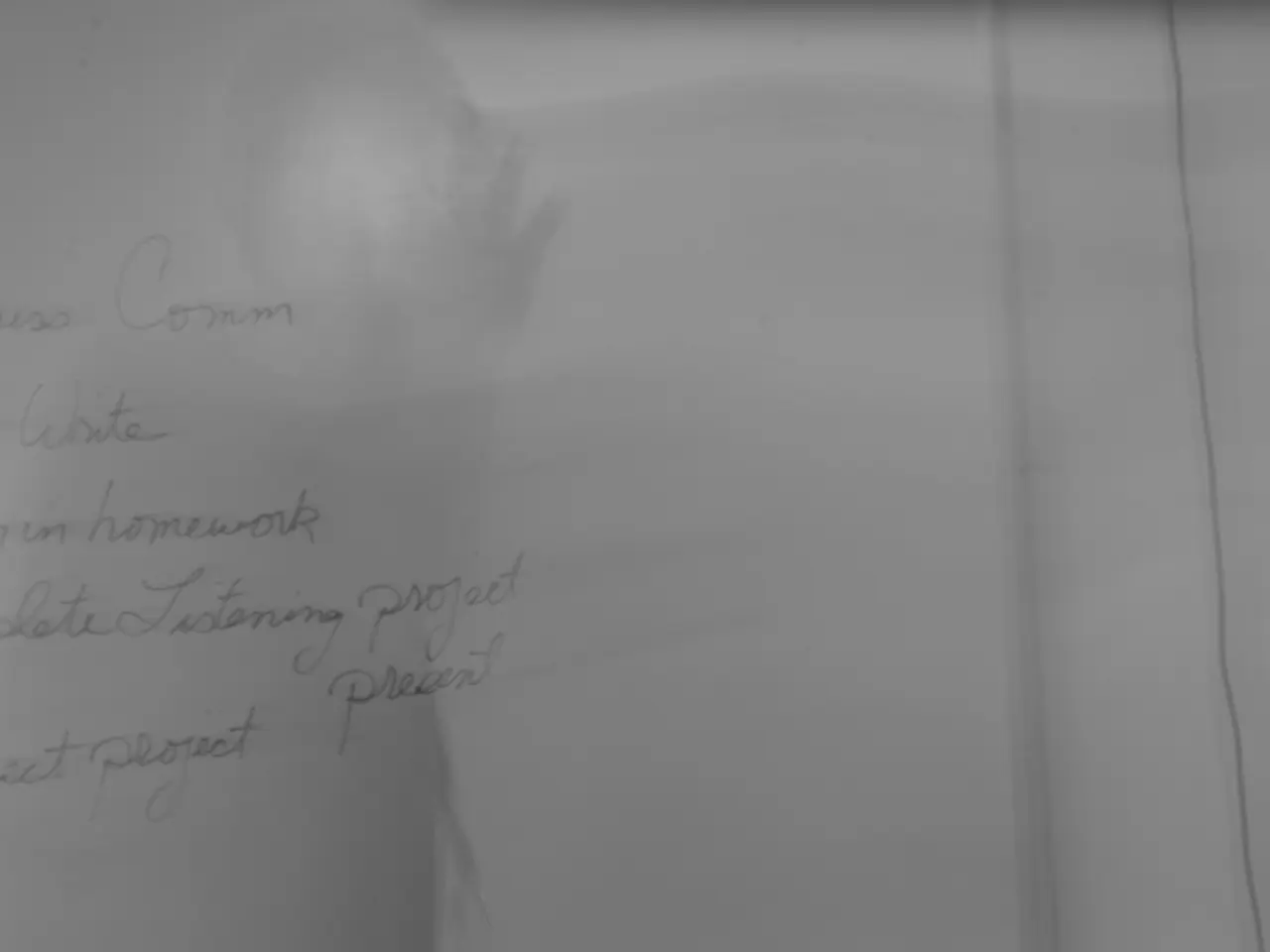Ministerial Employment Portal on Karenzour for Job-Related Matters
In a move aimed at safeguarding public trust and ensuring the highest ethical standards, the Rhineland-Palatinate government has introduced a regulation barring ministers from accepting new jobs that could present conflicts of interest for up to 18 months after leaving office.
The new law, which was passed unanimously by the state parliament in Mainz, is designed to prevent potential conflicts where former ministers might leverage insider knowledge or influence gained during their public service to benefit private interests. This cooling-off period ensures that ministers do not quickly transition into roles that could compromise their impartiality or lead to undue influence, especially in sectors closely related to their former governmental responsibilities.
The Rhineland-Palatinate government's approach aligns with a growing trend across German jurisdictions to impose such waiting periods. For instance, some federal states have regulations with similar waiting periods, often ranging from 12 to 18 months, tailored to the sensitivity of the ministry or sector involved. The federal government also has rules to prevent immediate post-office employment that could cause conflicts of interest, generally entailing a comparable cooling-off period.
The cross-factional cooperation on this new law was praised during the debate, and it reflects an effort across German jurisdictions to enhance transparency and reduce the risk of corruption or undue influence arising from the revolving door phenomenon, where public officials move into private sector roles related to their previous governmental functions.
Under the new regulations, if a former minister is prohibited from taking up the intended employment, they will be entitled to a transitional allowance during the period of inactivity. The transitional allowance will be shortened from three to two years, following the example of other federal states and the federal government. If a former minister is prohibited from taking up the intended employment, they will receive this transitional allowance during the period of inactivity.
The changes will come into effect when the new state government is expected to take office in May next year, reinforcing trust in democracy and political decision-makers by demonstrating a commitment to ethical standards and transparency. The head of the state chancellery, Fedor Ruhose, stated that so far, there has been no case in Rhineland-Palatinate where the new regulations on ministerial conflicts of interest have applied. However, the introduction of this law underscores the government's proactive approach to addressing potential conflicts of interest and safeguarding the integrity of its political decision-makers.
- The new regulations in Rhineland-Palatinate, designed to prevent potential conflicts of interest, align with recent politics focused on policy-and-legislation aimed at enhancing transparency and reducing the risk of corruption.
- General-news outlets have reported on the growing trend in German jurisdictions, where various states have implemented similar cooling-off periods to prevent former ministers from rapidly transitioning into roles that could compromise their impartiality and lead to undue influence.







